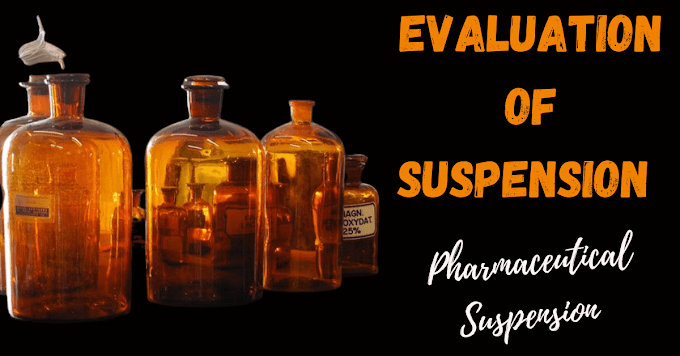Took an expired pill
What Does “Expired” Really Mean on Medication Labels?
Every medication comes with an expiry date, usually printed on the bottle or blister pack. The manufacturer guarantees that the medication will continue to be safe and effective until the specified expiration date, which generally ranges from one to five years following the date of creation.However, an expired pill doesn’t always mean the medicine is harmful after that date. In many cases, it simply means the medication may not be as effective anymore. Still, this doesn’t mean it’s always safe to take.
What Happens When You Take an Expired Pill?
If you’ve taken an expired pill, the effects depend on several factors:- The type of medication
- How far past the expiration date is it
- How the medicine was stored
- Your current health condition
Let’s break it down further:
1. Reduced Effectiveness
Most expired medicines don’t become toxic; they just lose potency. It indicates that taking an expired pill may not harm you, but it may also not be beneficial. That can be dangerous for medications used in life-threatening conditions, like:- Heart medication (e.g., nitroglycerin)
- Insulin
- Epinephrine (for allergic reactions)
- Antibiotics (especially for serious infections)
2. Rare Toxicity
Some outdated medications have the potential to decompose into dangerous compounds. One example is tetracycline, an antibiotic that in its older forms could become toxic after expiration. Newer formulas are more stable, but it’s a reminder to be cautious.3. Storage Conditions Matter
If the medicine was stored in a cool, dry place, it may still be relatively safe. But if it sat in a hot car, humid bathroom, or freezing garage, the chances of it breaking down faster are higher.Which Medications Are Riskier After Expiry?
Here are some medications you should never use after expiry:- EpiPens – Reduced potency can cost lives in emergencies.
- Insulin – It may lose the ability to regulate blood sugar.
- Liquid antibiotics may be harmful or ineffective.
- Nitroglycerin – Critical for heart attacks; must be fresh.
- Eye drops – The Risk of bacterial contamination increases after expiration.
Common Medications That Might Be Safe for a While
Some over-the-counter medications may not pose immediate harm after their expiry date, though they could lose effectiveness. These include:- Pain relievers (acetaminophen, ibuprofen)
- Antacids
- Cold medications
- Allergy tablets
What Should You Do If You Took an Expired Pill?
If you realize you took an expired pill, here’s a simple checklist:1. Don’t panic – Most expired pills are not immediately harmful.
2. Check the expiry date – Was it days, months, or years ago?
3. Look up the medicine – Search online or call your pharmacist.
4. Monitor for symptoms – Headache? Rash? Dizziness? Unusual effects?
5. Contact a doctor or poison control if you’re unsure or feel unwell.
Can You Still Use Expired Medication in Emergencies?
In a situation where no alternative is available, like during travel or natural disasters, expired medication may be better than nothing for non-critical conditions. But this should be a last resort.The U.S. FDA even studied drug stability for the military and found some drugs remained stable beyond expiration. However, these results don’t apply to all medicines, and it's not recommended for regular use.
How to Dispose of Expired Medicine Safely
Instead of letting expired pills sit in your cabinet, it’s better to dispose of them properly:- Use drug take-back programs at pharmacies or community events.
- If not available, mix pills with coffee grounds or kitty litter, seal in a plastic bag, and toss in the trash.
- Don’t flush them unless the label says it’s safe.
How to Prevent Accidental Use of Expired Pills
Here are simple ways to avoid taking expired medication:- Check dates regularly – Make it a monthly habit.
- Label medications – Write the open date on the bottle.
- Store meds properly – Keep them in a dry, cool, and dark place.
- Organize your medicine cabinet – Remove anything you don’t use.








0 Comments